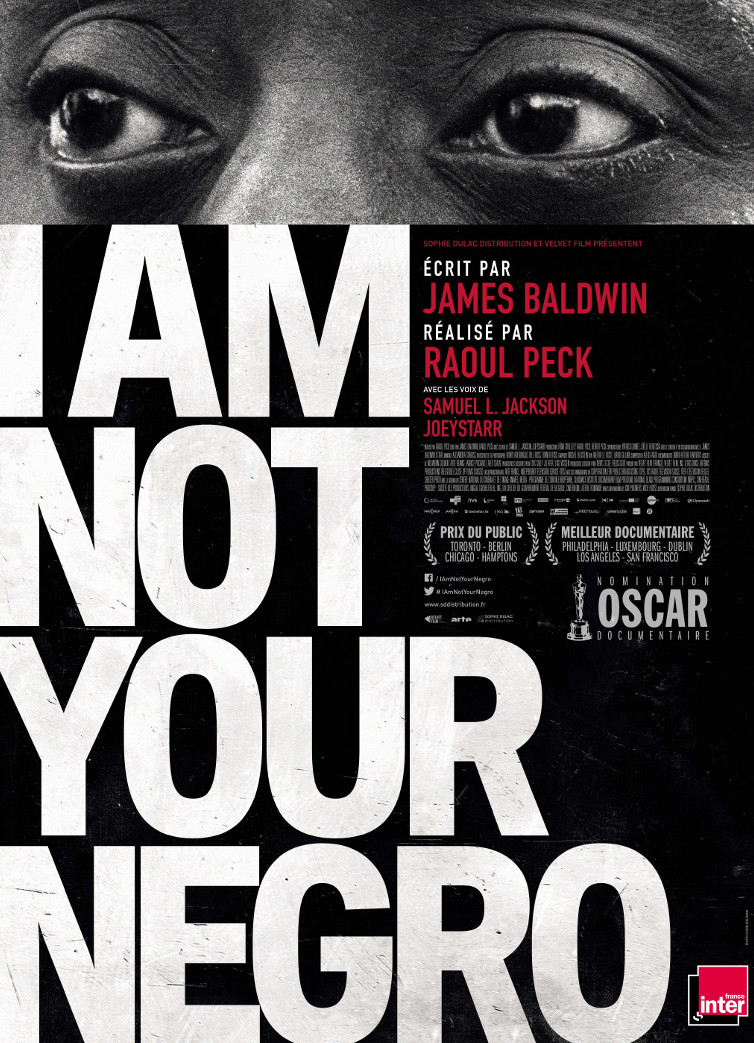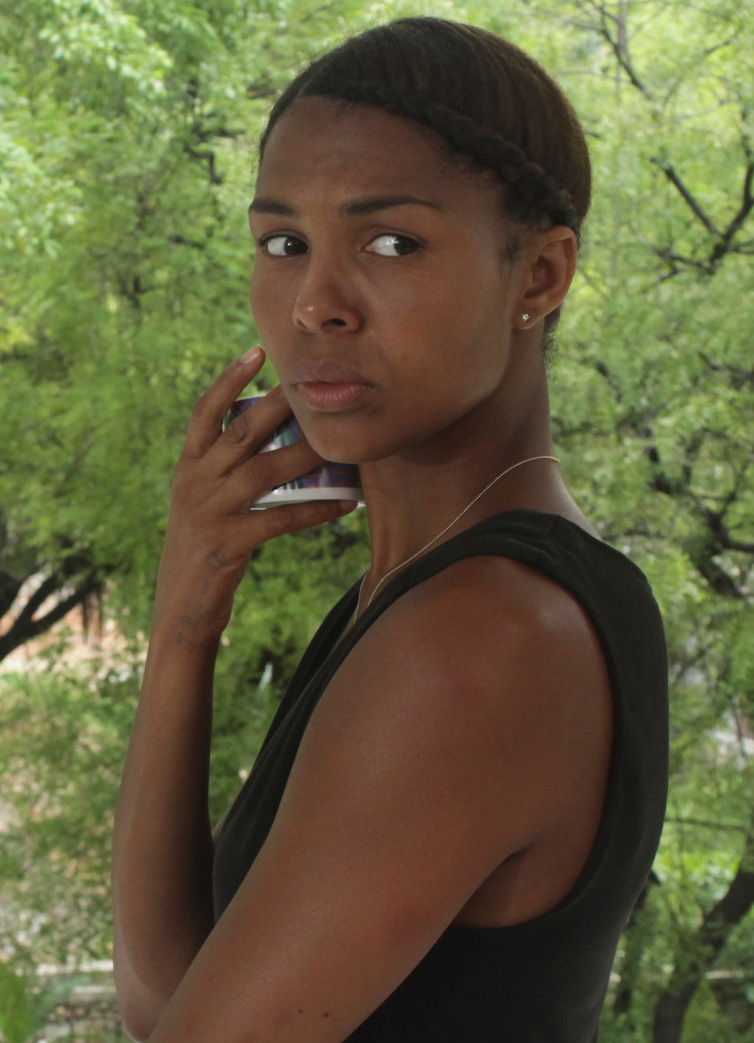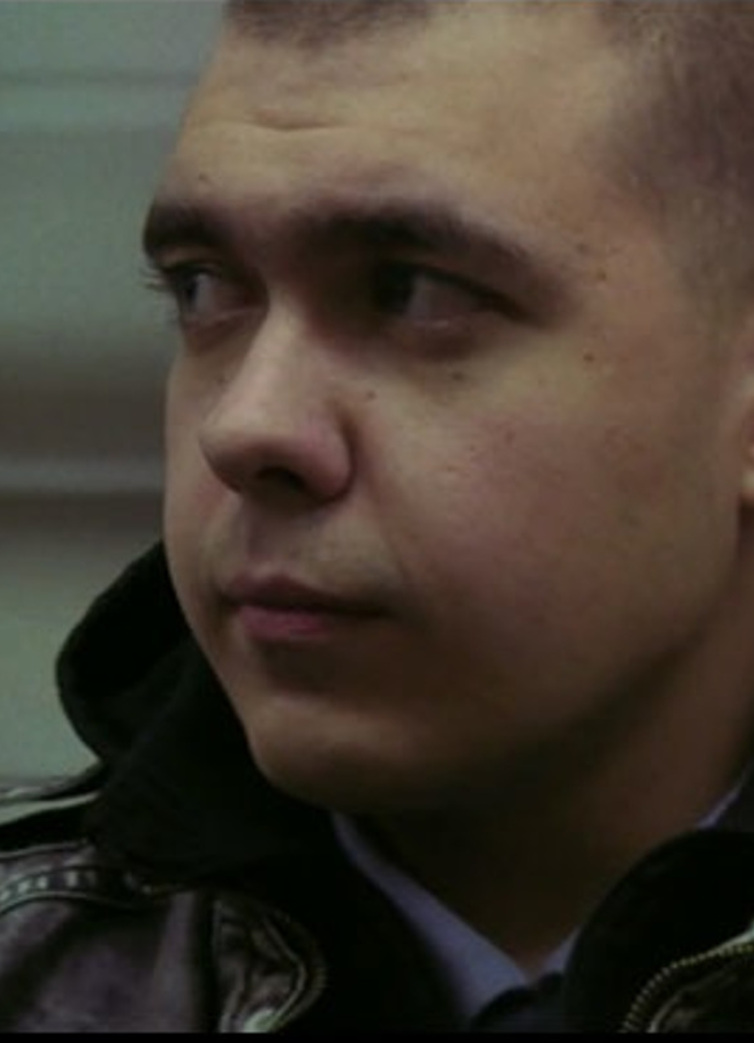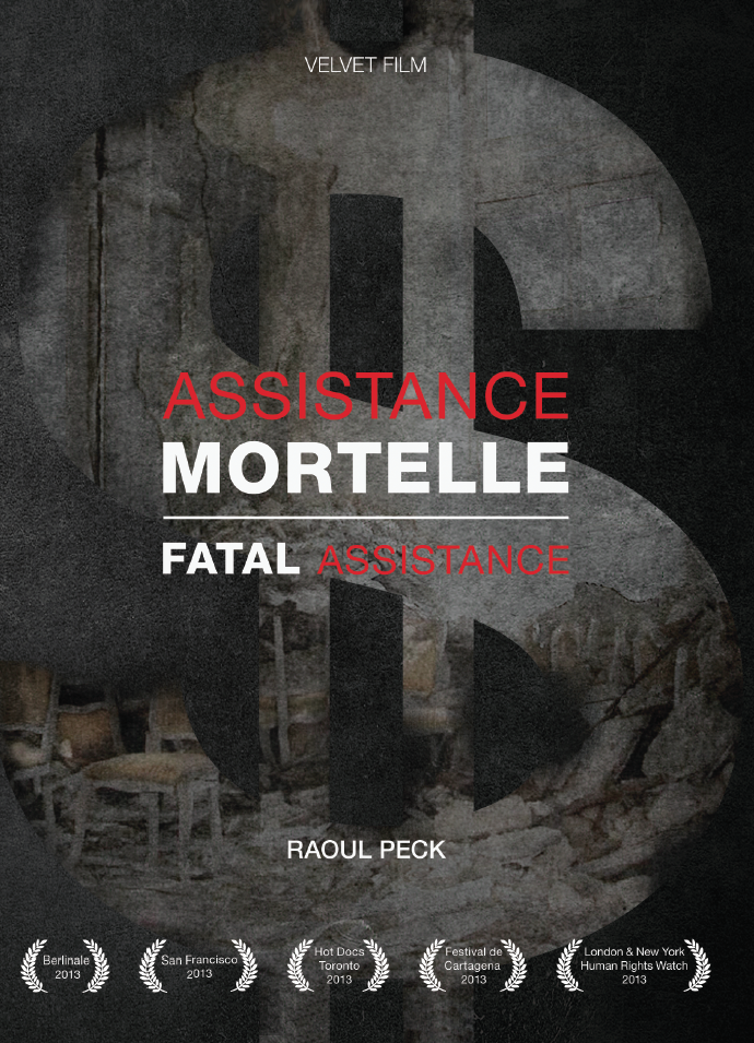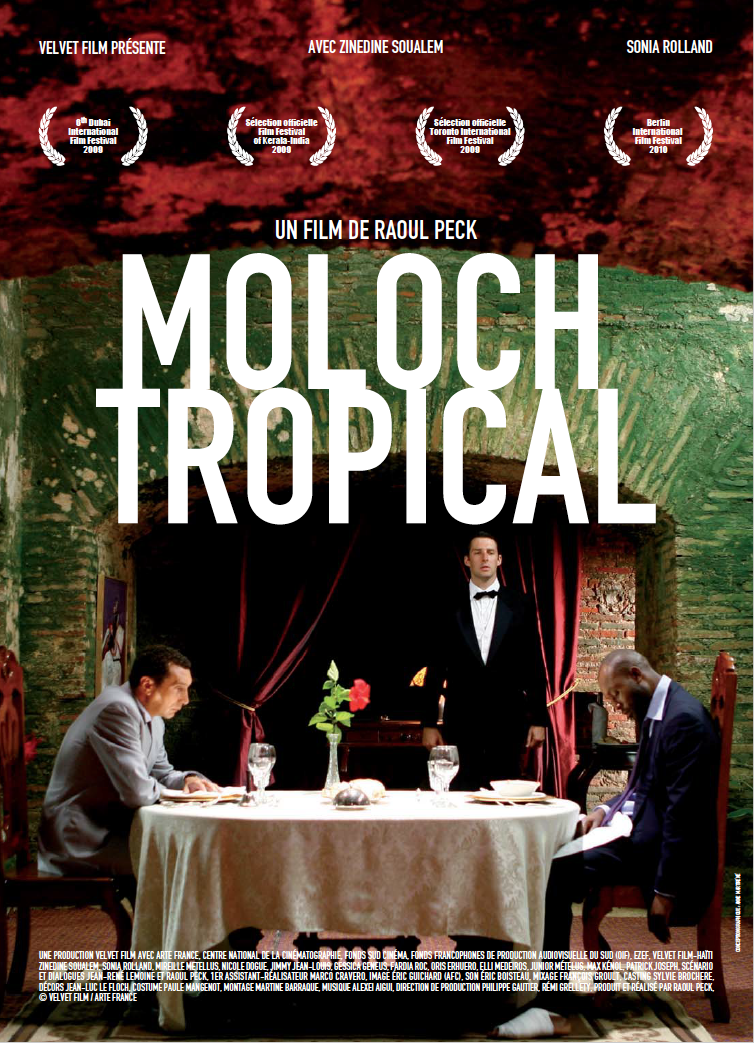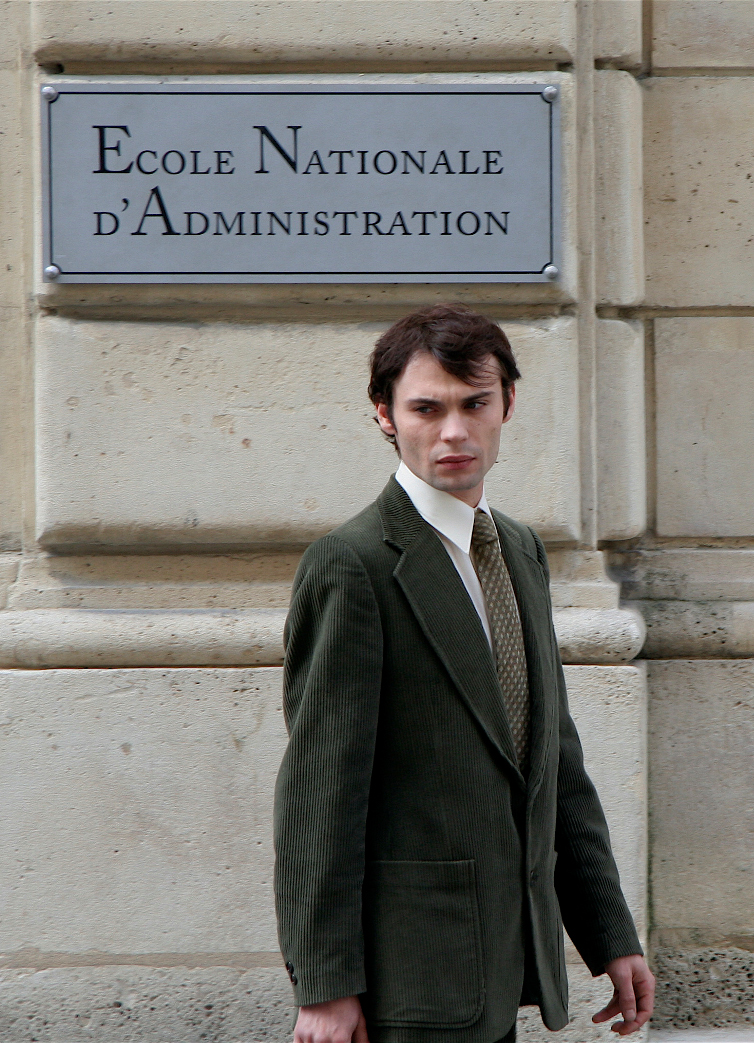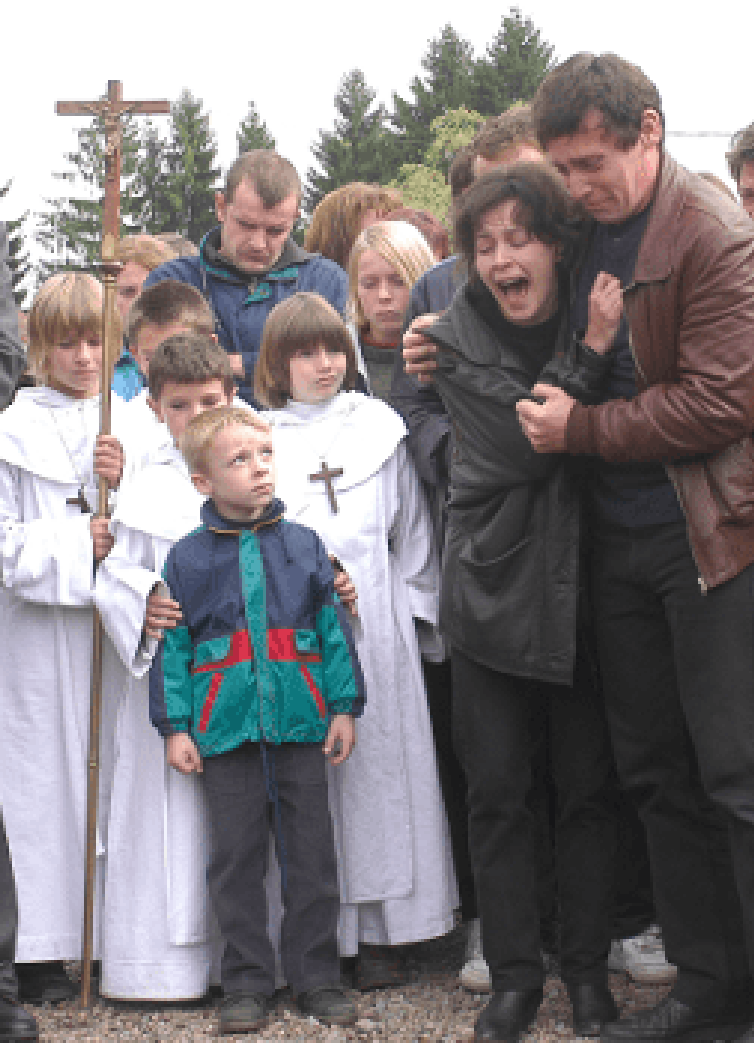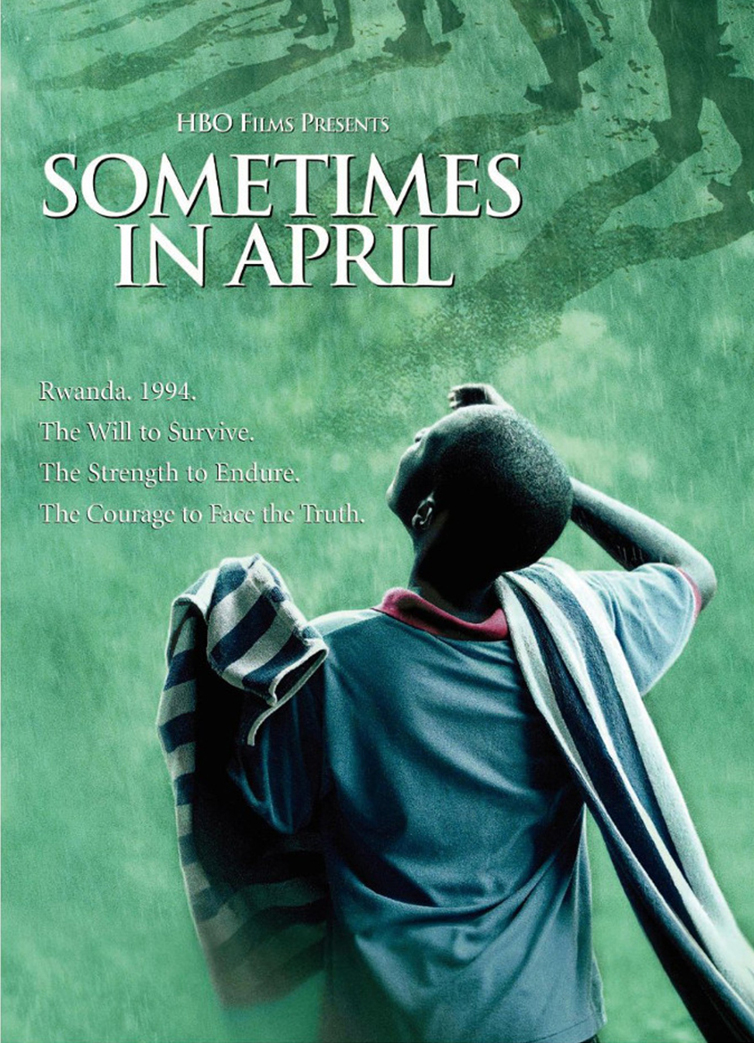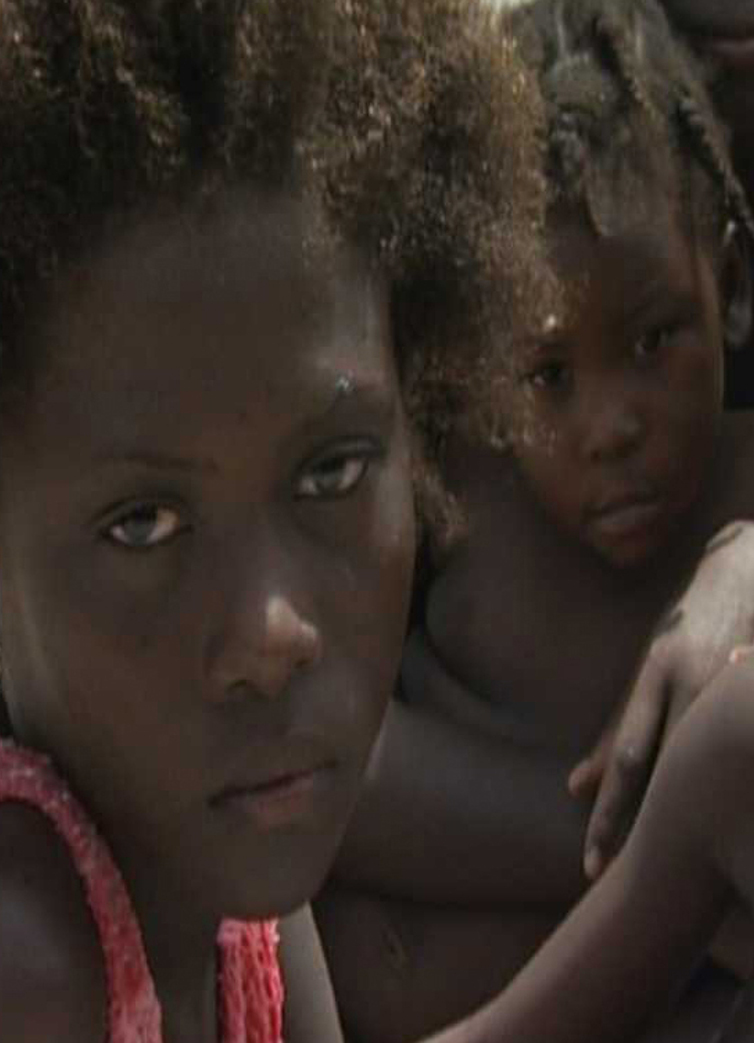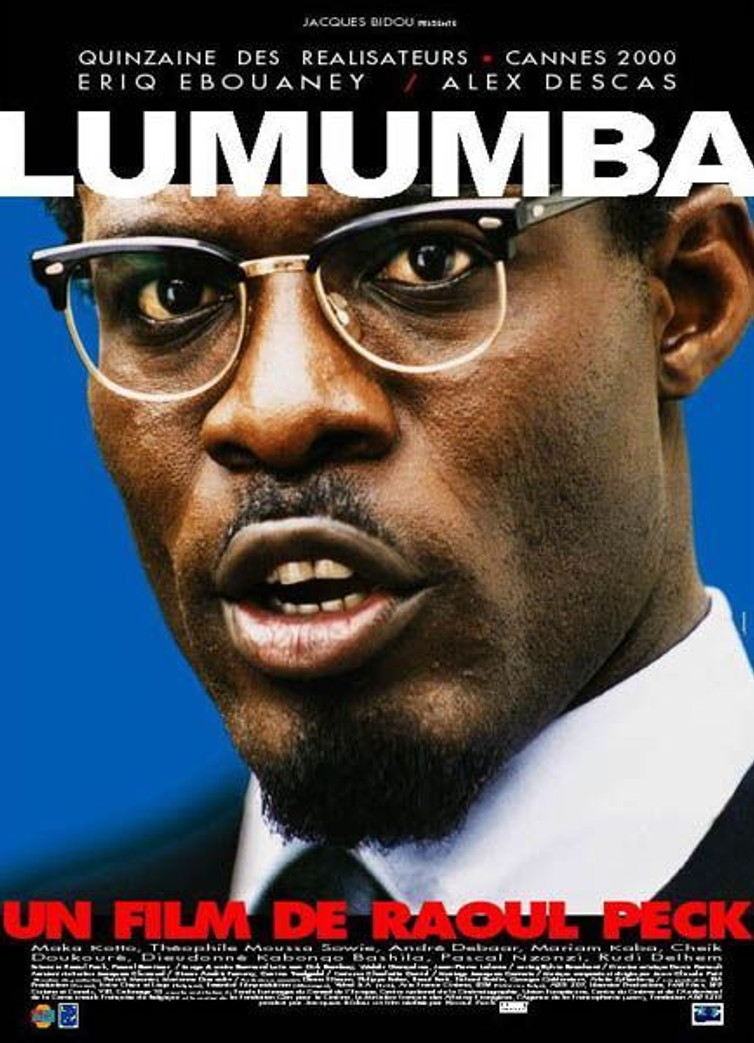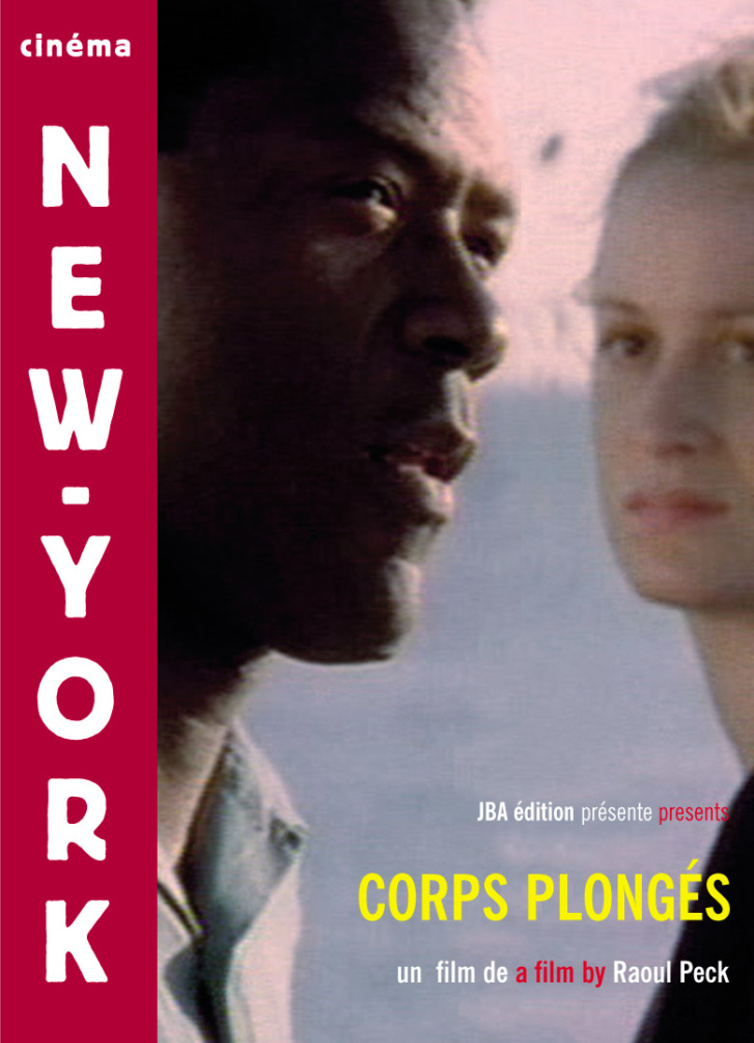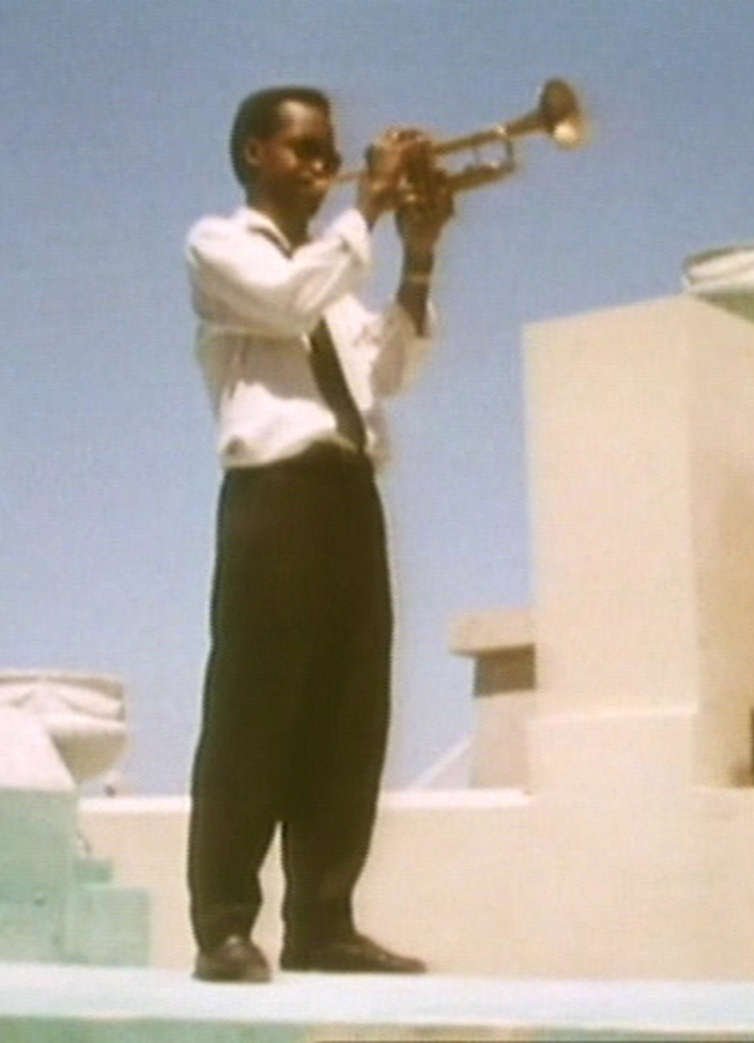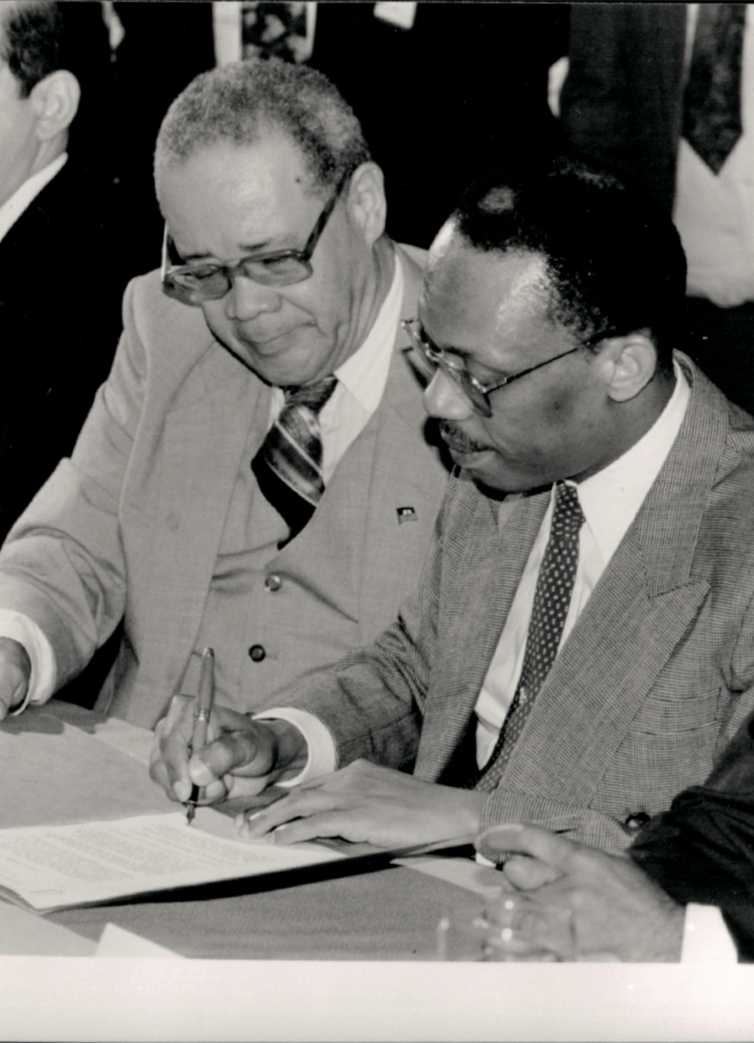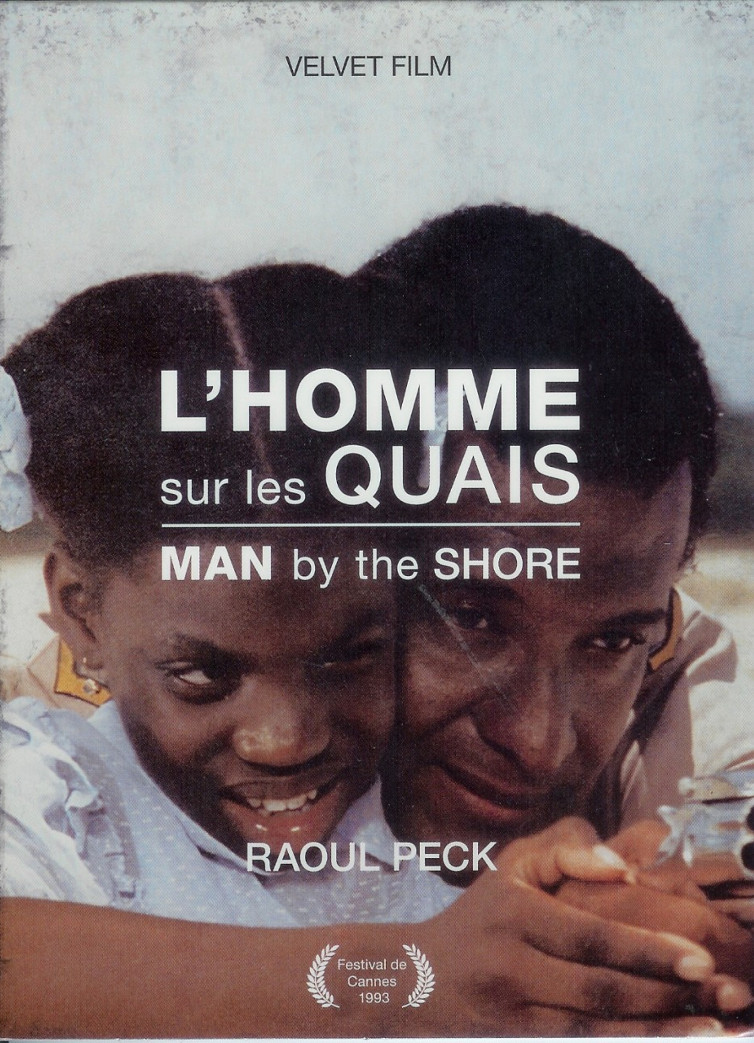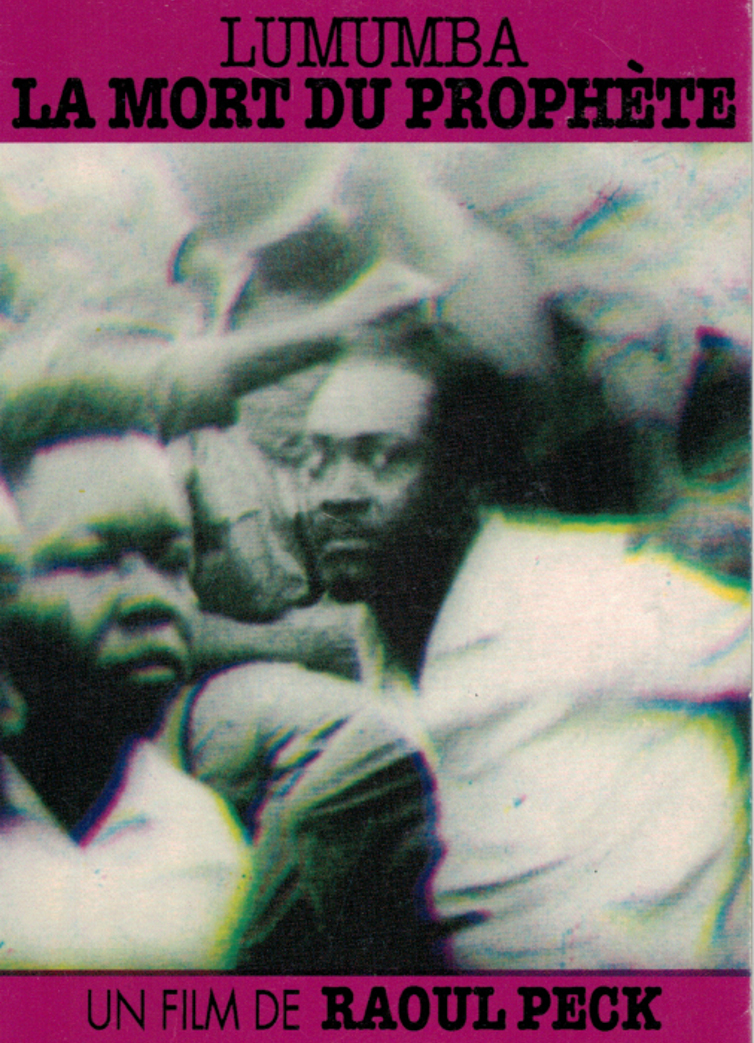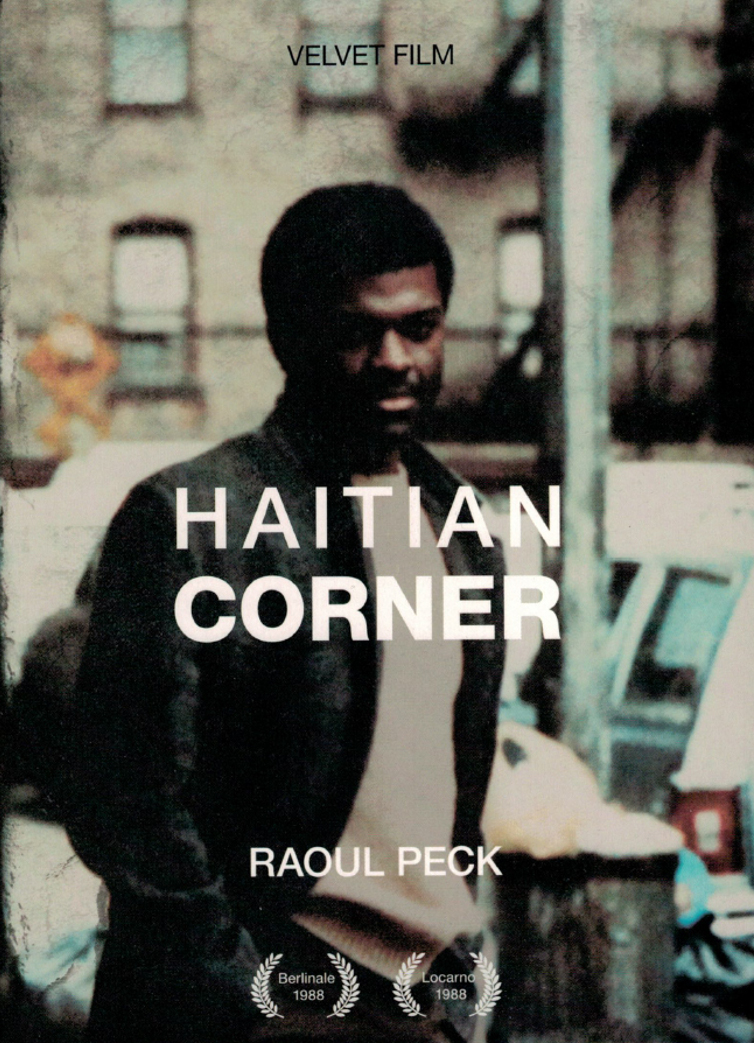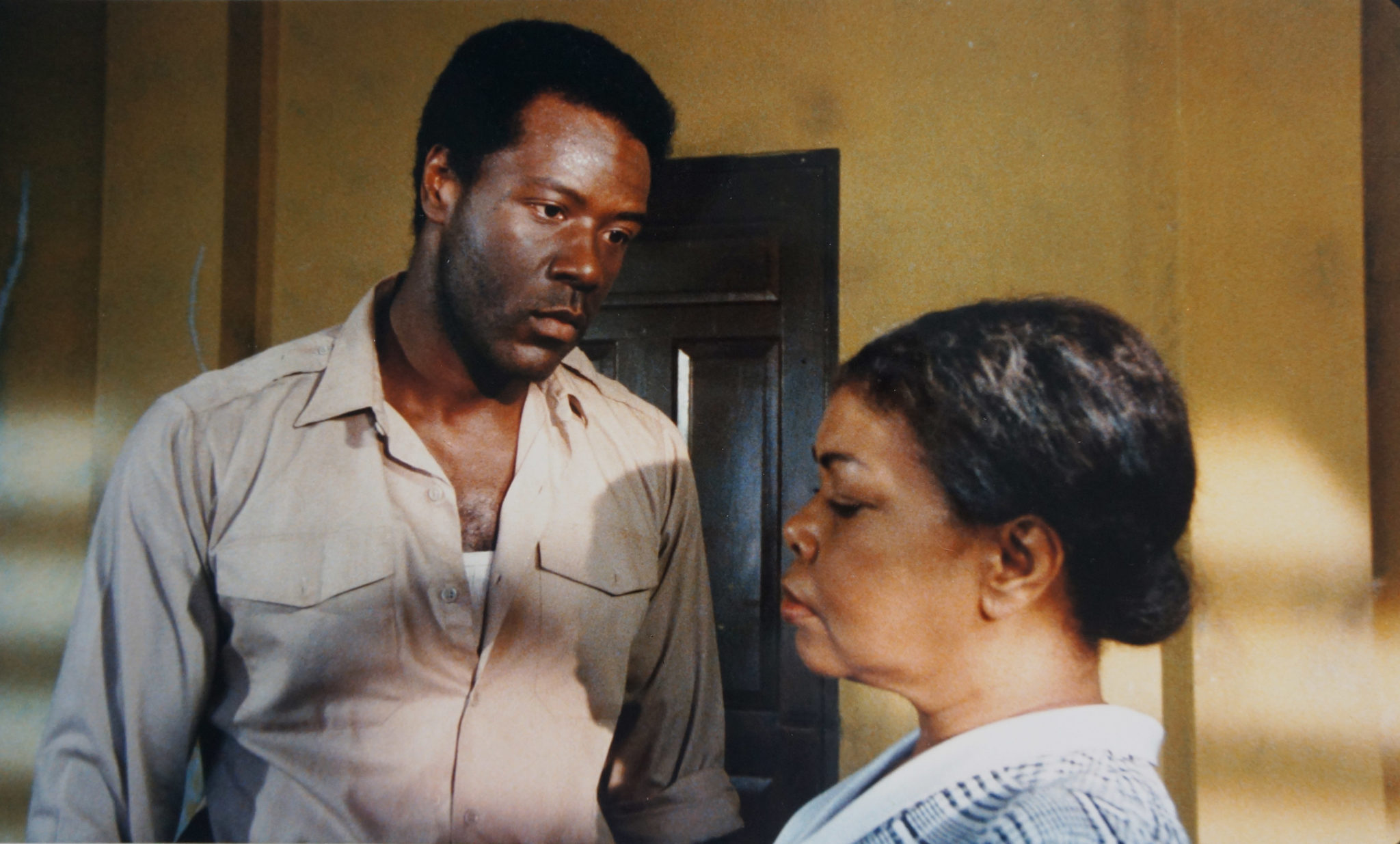
ENFANT UNIQUE
Linbo Wang
Synopsis
In 2016, China officially abolished the one-child policy that had existed since 1980. With this film, I will tell the true story of my birth. I will try to reconstruct this reality while proposing a broader story than mine … 1984. The one-child policy is at its peak in China. Yet Ya is pregnant with a second child. Ya is a teacher and Zhou is a country doctor. She and her husband find a pretext to go to Shanghai (400 km from their home), in order to escape gynecological control. Under this national policy, city inhabitants can only have one child, while peasants are allowed to have a second child if their first is a girl. This is the case of Zhou and Ya. But their district imposes an extremist policy: city or countryside, only one child. He, the village chief does everything to know where Ya is and will denounce her if she is pregnant. Ya hides in different locations, while Zhou tells everyone that she stayed in Shanghai. The child-policy controllers are quickly threatening Zhou and Ya to arrest them and their family members and they conduct extensive searches throughout the region. Ya must go through several hiding places. When Ya reappears, the controllers come to her house immediately with He. They force her to go to the city to have an abortion. She and Zhou are cooperative in going to the hospital. With the help of doctors and friends, Ya escapes abortion in extremis. In front of fifty controllers, Zhou is doing everything to delay Ya’s presentation to the committee, the latter being in her eighth month of pregnancy. In their house, Zhou provokes the birth of Ya, who gives birth to a boy. As a result, they will be fired from their jobs and will work as peasants for three years, until, after several petitions, Beijing will allow Ya and Zhou to resume their posts.
LE VOYAGE
Ines Eshun
Synopsis
Present day Brussels, winter. GEORGE (62), a man with West-African roots, lives in the streets. His daily life is a harsh reality, trying to stay warm, find food and places to sleep. Meanwhile CLARA (30), a young woman of mixed descent, lives an independent life in the same city. She has a good job as an architect in an up-and-coming firm, friends and occasional lovers.
One morning, after waking up in a shelter, George gets caught up in a fight and arrested. When the police find out George is illegal, he is sent to a detention centre for immigrants. The government wants to deport him. A social worker discovers that George has been in Europe for 35 years and that he has a Belgian daughter with whom he is not in contact. The social worker contacts George’s daughter. Her name is Clara…
Growing up with her mother, Clara never knew who her father was. Called to the deportation centre, she is told that George is her father. It becomes clear to George that his options to stay in the country are running out. Clara has to struggle with her daily life (the major project she is working on is endangered) while accepting the truth about her father. At the deportation centre, a Congolese man hung himself. A riot breaks out; George participates. Clara comes to visit her father and see how she can help him but is denied access due to the riot. She leaves, not knowing if she will be able to see George again before the deportation. Clara confronts her mother TANIA (49) about the past. A family secret comes out: even though George and Tania were in love, under the pressure of Clara’s xenophobic grandparents, the contact between George and Clara was broken, with catastrophic results for George. The day of the deportation, Clara comes to the airport looking for George. She finds him; they are able to see each other. Clara stays behind in the customs, powerless while George boards his flight.
FANON / LES CRIS
Raoul Peck
Synopsis
Like many West Indians from his generation, in 1944, Frantz Fanon left his island to join the troops of “La France Libre” at only 18 years old. He will be granted a medal for his achievements in the field of honour, from the hands of Raoul Salan, a military general who will later serve in Algeria and join a mutiny. By the end of 1953, Fanon is a psychiatric doctor and is nominated at the Blida Hospital, in French Algeria. With his young wife Josie, he settles in the hospital complex and starts his work in a context marred with paternalism and racism, where doctors consider the Arabs as “scientifically inferior”. Passionate and impatient, Fanon wants to revolutionise both mentalities and methods in the psychiatric asylum, by launching common activities for patients and medics, though more dialogue and group therapy. With the help of a few of his young junior doctors, he profoundly changes the practice at the hospital, despite the opposition of others doctors, while, a few months later, the first violent incidents of what will become the “Algerian War” are increasingly multiplying. Fanon is absorbed in a spiral of violence and has to deal with the consequences of the use of torture by both the French army and the Algerian freedom fighters. The psychological effects of this level of violence, on both sides, become the central point of his research. Finally, he will have to choose between a total engagement for the Algerian rebellion or complicity with the French system. Threatened to death by the radicals of French Algeria and unable to adequately pursue his medical duty, he will decide to quit his position and to join the FLN, the Algerian National Liberation Front. Suddenly stricken with leukaemia, he will die at 36 years old, only a few months before Algeria gains its independence, and just after achieving his masterpiece, the essay The Wretched of the Earth, which will establish him as one of the greatest thinkers of the decolonisation movement.


